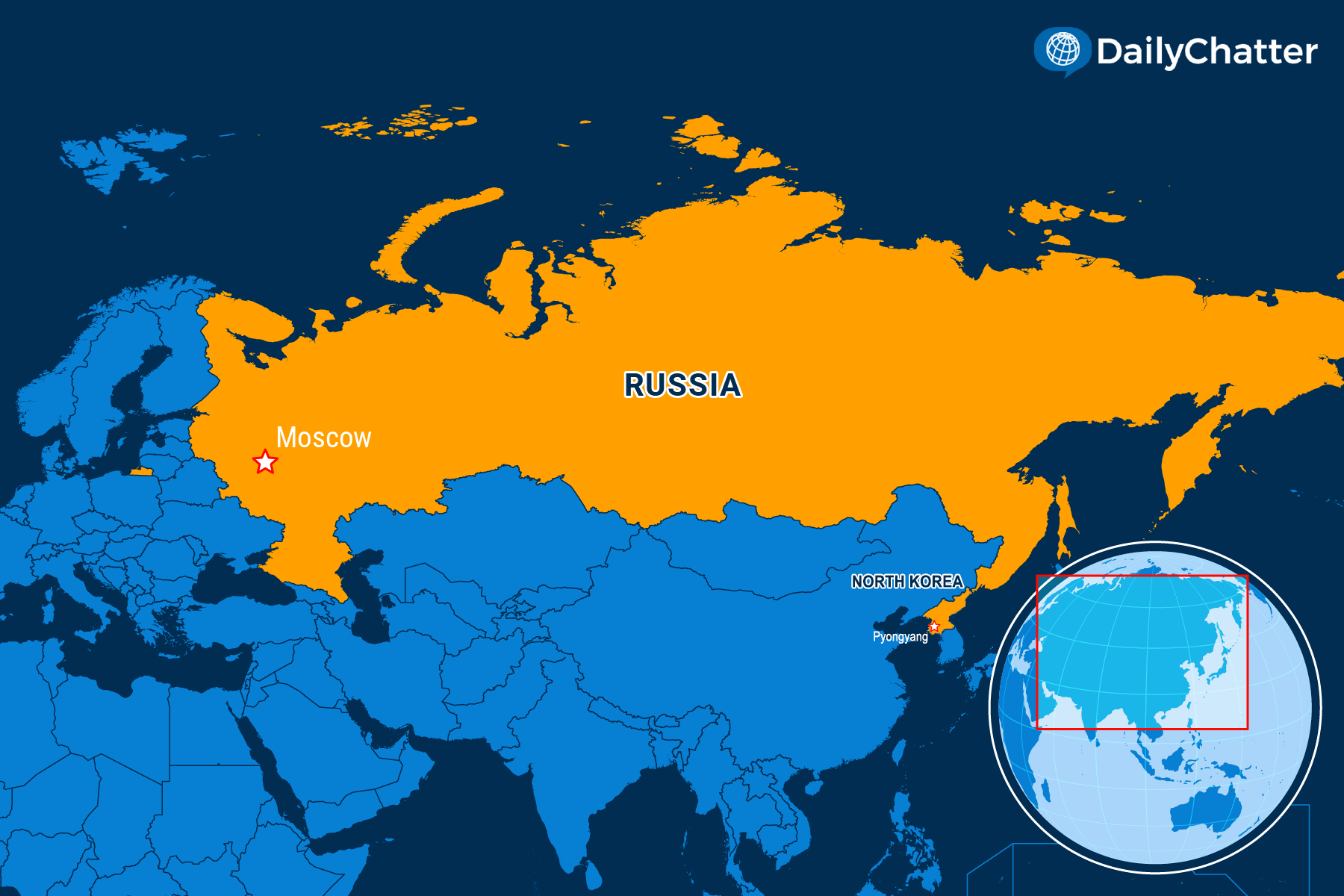Tightening the Fist

Russian President Vladimir Putin signed a bill into law over the weekend that would ban lawmakers from leaving the country without prior approval, the latest effort by the government to tighten control and quash dissent at home amid criticism over its ongoing invasion in Ukraine, Radio Free Europe reported.
Under the new law, lawmakers from both the lower and upper houses of parliament need to have their overseas trips pre-approved, although it does not mention who should make such approvals.
While business trips will be exempted from the ban, parliamentarians who violate the new rules could lose their seats.
Observers called the legislation another effort by Putin to curb dissent among Russia’s elites over the war in Ukraine that began more than two years ago. The Russian leader has outlawed criticism of the war and the army and cracked down on the media, most recently calling the English-language Moscow Times “undesirable,” and saying it is violating Russian laws.
Even so, authorities claimed that travel restrictions are aimed at combatting new threats to Russia’s security, including providing guarantees to lawmakers to prevent them from being arrested and prosecuted by “unfriendly governments,” according to Russia’s state-owned TASS news agency.
The ban comes a day after Putin signed a new law to amend Russia’s taxation rules in an effort to fill government coffers, the Associated Press wrote.
The new bill will establish a progressive tax on personal income: Individuals with incomes of up to $27,500 a year will pay a 13 percent tax, with a higher levy for those making more. The maximum rate will be 22 percent for incomes beyond $573,000.
The new rules will also increase the company income tax rate from 20 percent to 25 percent.
Putin said the rule will affect less than 3.2 percent of Russia’s taxpayers. Officials estimate that the reform will bring in $29 billion in additional federal revenue next year.
The new regime replaces the 13 percent flat tax rate first imposed in 2001, which was hailed for improving revenue collection and fighting tax evasion.
But analysts told AP that the reform seeks to reduce Moscow’s reliance on oil revenues as Western nations tighten sanctions against Russian oil exports.
Meanwhile, the Russian parliament is preparing a draft law to ban the adoption of children by citizens of countries that recognize the right to change gender, RFE reported separately.
The ban will target nations that permit gender change through medical procedures or on official documents.
According to the speaker of the lower house of parliament Vyacheslav Volodin, the bill will effectively bar citizens of NATO countries from adopting Russian children. The changes will expand the 2012 Dima Yakovlev law, which already prohibits US citizens from adopting Russian children.

Subscribe today and GlobalPost will be in your inbox the next weekday morning
Join us today and pay only $32.95 for an annual subscription, or less than $3 a month for our unique insights into crucial developments on the world stage. It’s by far the best investment you can make to expand your knowledge of the world.
And you get a free two-week trial with no obligation to continue.
